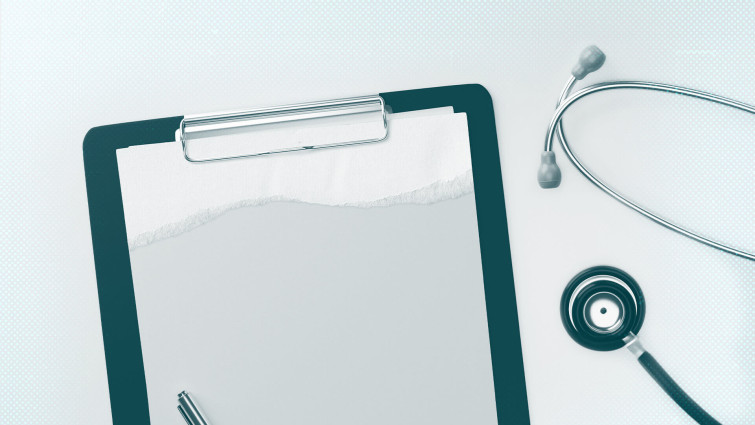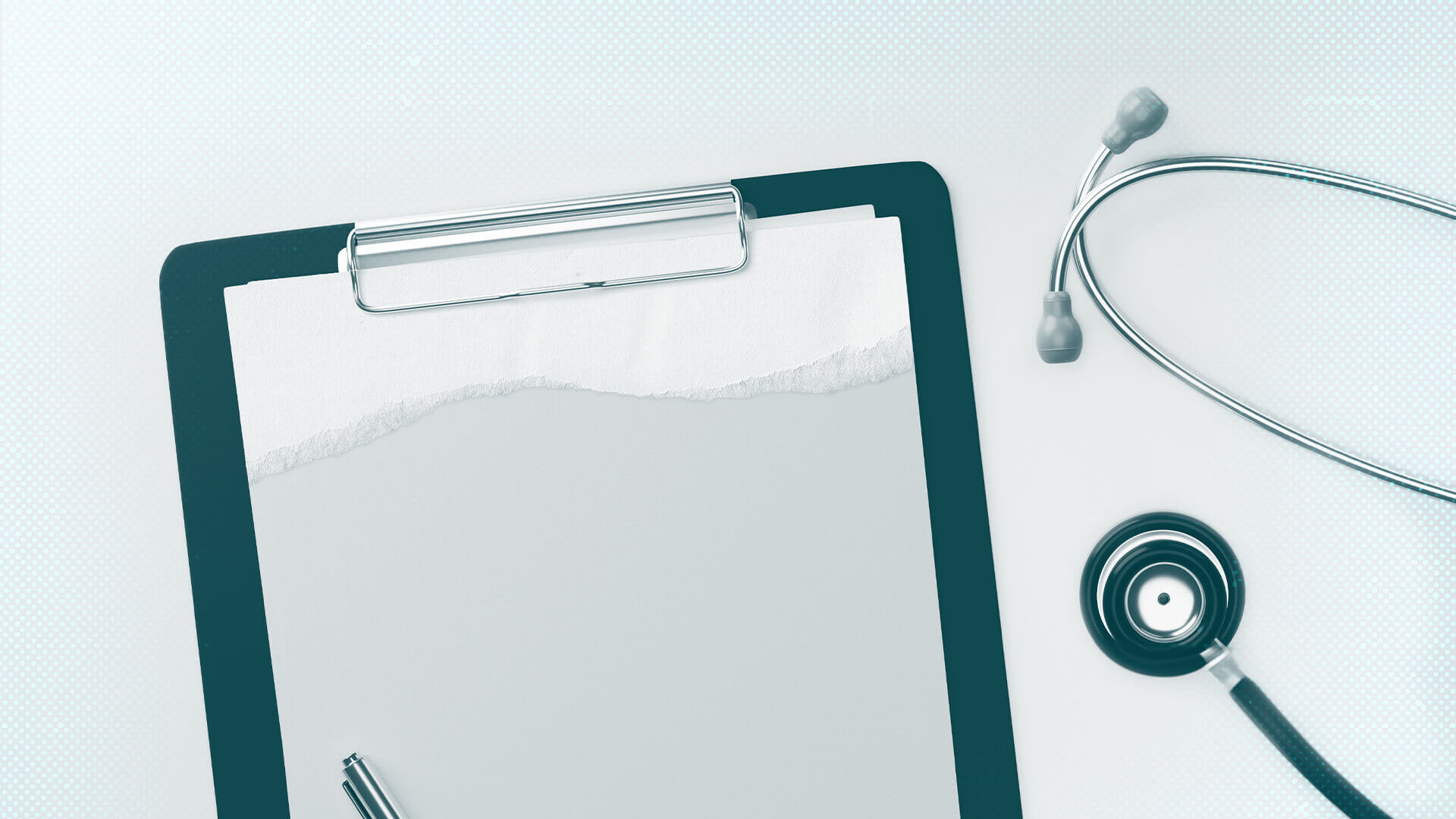Digital Security
Hey there, concerned about the security of your health data? Let’s talk about how you can protect yourself from potential breaches and minimize the impact on your health records.
20 Jun 2024
•
,
5 min. read

Hey there, let’s chat about the impact of digital transformation on healthcare providers worldwide. While it brings cost-efficiency and better patient care, it also brings significant cyber risks. Your health data, once stored online, can be vulnerable to accidental leaks or malicious access.
Medical data is incredibly sensitive and protected under GDPR. However, no organization is immune to breaches. So, it’s crucial to know how to handle a breach to minimize its consequences.
Let’s Talk Numbers
Did you know that in the US alone, over 88 million people had their medical data exposed in the first 10 months of 2023? These numbers could be even higher when considering organizations not regulated by HIPAA.
Recent incidents like the Change Healthcare ransomware breach and Cerebral’s data leak highlight the severity of the situation.
Your Personal Data at Risk
Imagine if your medical insurance details, Social Security number, passwords, medical history, and financial information fell into the wrong hands. Threat actors could use this information for fraudulent activities or even blackmail.
Steps to Take After a Breach
If you ever face a data breach, stay calm and follow these steps:
1. Check the notification
Look out for signs of scams in any notifications you receive. Be cautious of urgent requests for personal information.
2. Find out what happened
Understand the extent of the breach and what information was compromised.
3. Monitor your accounts
Keep an eye on any suspicious activity in your accounts, especially related to medical or financial transactions.
4. Report suspicious activity
Immediately report any unusual activity to the relevant provider.
5. Freeze your credit and cards
Consider freezing your credit to prevent unauthorized access.
6. Change your passwords
Update your passwords for added security.
7. Stay alert
Remain vigilant for phishing attempts and contact authorities if you’re threatened.
8. Consider legal action
If the breach was due to negligence, legal action may be an option for compensation.
Stay Informed
As cybercriminals continue to target healthcare organizations, it’s essential to be prepared and know how to protect your mental health, privacy, and finances.



